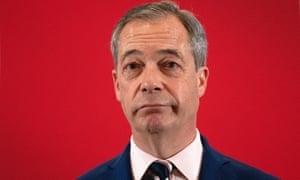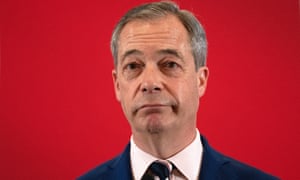On the surface it may not sound like a story that would generate national interest. A controversial politician finds his bank account with a bank catering to the ultra-wealthy has been closed. So why has it dominated news headlines?
Last month Nigel Farage posted a six-minute video on social media explaining that his bank account had been shut, that he was struggling to find another one and that the “establishment” was trying to force him out of the UK. He thought it was his political views that were behind the decision. But a later BBC story claimed it was a lack of funds, not his beliefs, behind the closure.
But the BBC and Coutts were later forced to admit that Farage’s political views had been taken into consideration, leading other politicians and critics to insist that the rules around “de-banking” needed to change. And Farage himself has said he is now on a mission against what he calls “woke capitalism”. So does the story highlight critical problems in the way accounts are controlled – and are banks mixing politics with business?

Photograph: Carl Court/Getty Images
Support The Guardian
The Guardian is editorially independent.
And we want to keep our journalism open and accessible to all.
But we increasingly need our readers to fund our work.
Join the exciting world of cryptocurrency trading with ByBit! As a new trader, you can benefit from a $10 bonus and up to $1,000 in rewards when you register using our referral link. With ByBit’s user-friendly platform and advanced trading tools, you can take advantage of cryptocurrency volatility and potentially make significant profits. Don’t miss this opportunity – sign up now and start trading!






Recent Comments